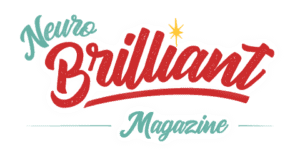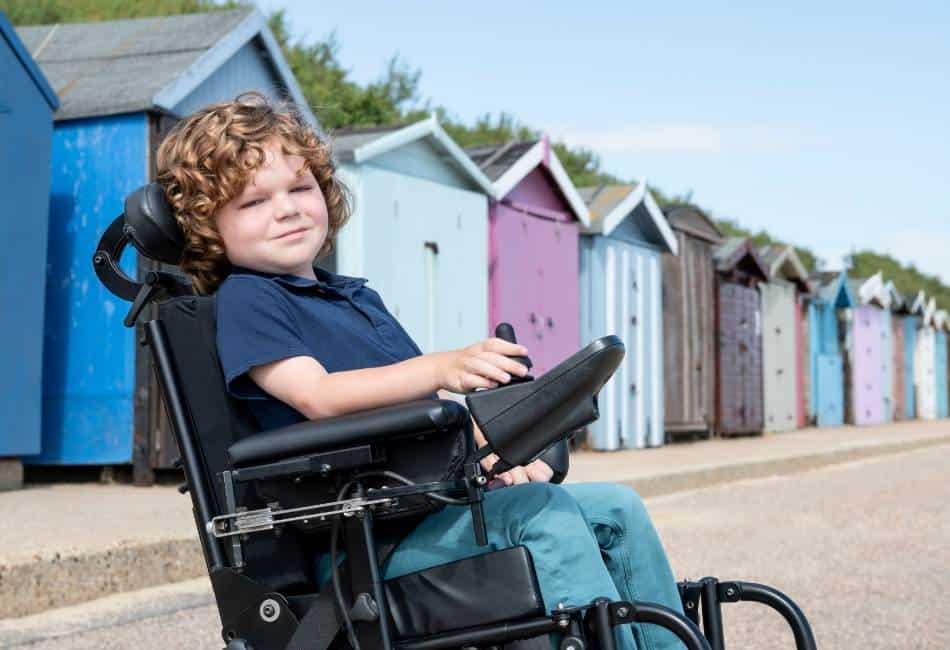
For generations, there have been many ways to refer to individuals with special needs. As you know, some of those terms are now considered derogatory. In 1990, The Senate began to explore the concept of ‘people-first language.’ Their purpose was to ensure that an individual was put ahead of their disability, meaning they were no longer labeled as a disability but rather an individual that had a disability. (Source: Family to Family Network)
The term “differently-abled” refers to a person with a disability. While this may sound like a proper way to refer to someone who has a disability, it is not viewed as politically correct because the term focuses on what the individual cannot do rather than what they can do.
This article will explore the different terminology that has been used to describe individuals with disabilities. It will also reveal the terms that are considered politically correct when referring to someone with a disability, as well as why you must use the proper language.
Who Are Called Differently-Abled?
The term ‘differently-abled‘ has been used to refer to someone who has a disability. Initially, it was believed that the term differently-abled allowed the individual to be viewed in a more personal way. However, there has been a lot of backlash concerning this term.
Many people believe that when the term differently-abled is used to describe an individual, it is putting the focus on what the individual is unable to do. Not only is it placing the focus on what the individual cannot do, but it is also inferring that every person has the same abilities, which is untrue.
Because of the negative connotations associated with the term differently-abled, it is not viewed as a politically correct way to describe someone with a disability. In fact, it is viewed as highly offensive to the individual it is used to refer to.
(Source: Center for Disability Rights)
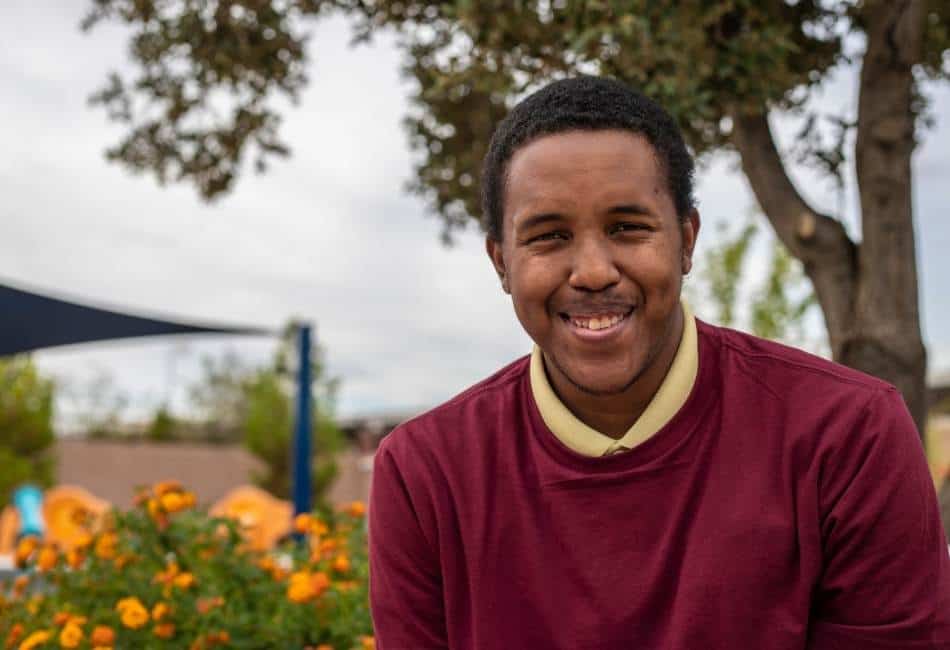
Is Differently-Abled A Controversial Term?
While there has been much backlash with the term “differently-abled”, there are many people with disabilities who prefer this “differently-abled” over “disabled”. According to the National Center on Disability and Journalism,
“Others prefer [“differently-abled”] to “disabled” because “dis” means “not,” which means that “disabled” means “not able.”
(Source: National Center on Disability and Journalism)
This term was invented to end the stereotype that people with disabilities can’t do things that people without disabilities can do. Often, people with disabilities CAN do a lot of things; they just have to go about it differently.
Alternative Words for Differently-Abled
So, how do you refer to individuals with disabilities while remaining politically correct and non-offensive? The answer to this question is rather difficult because different people are offended by different things, and the viewpoints of what is considered politically correct and politically incorrect vary by individual. As a result, there have been many alternative words coined to describe an individual with a disability.
You are likely familiar with many of the terms, and chances are you have probably used some yourself.
Some terms people have used to describe an individual with a disability are:
- Special
- Special needs
- Different
- Unable
- Inspirational
- Humanly different
(Source: Easter Seals)
These terms do not seem derogatory or negative. However, if they are words that are being used to describe your abilities, they can be taken as highly offensive. Therefore, a law was enacted to provide dignity and respect to all individuals. The law indicated that people-first language must be used to describe individuals with disabilities.
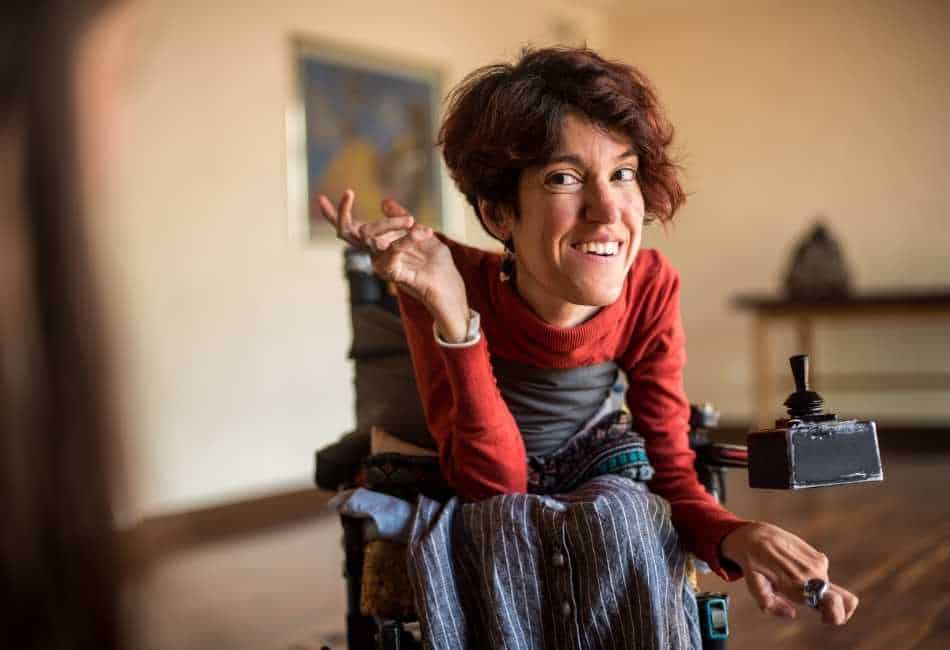
People-First Language
When you first hear the term people-first language, it may be a bit confusing. However, if you take the time to think about it and use this language to describe all people, you will see how easy it is to use and how it is much more appropriate.
People learn in many different ways, and people have many different abilities. Therefore, we must appropriately recognize each of these things. For example, if you have a child that has difficulty learning, you are not going to refer to them as a slow learner. Instead, you would refer to them as a person who has a learning disability.
By putting the person first, you can focus on both the person as an individual as well as the disability in a more positive light.
People often struggle to use people-first language simply because it is a new way of speaking and identifying individuals. If you are the person being referred to using people-first language, you are likely to be incredibly grateful because a disability or a label is no longer defining you. (Source: California Courts)
Inclusive Language for People with Disabilities
The concept of inclusive language goes hand-in-hand with the use of people-first language. When you use inclusive language, you are taking the focus away from a disability and placing it on the individual instead. It is also important when you are using inclusive language to remember the individual you are speaking to or about is a person.
Often, people find it necessary to refer to an individual with a disability as heroic, brave, or inspirational. These adjectives can describe a person not by their disability but by their character. While using these words to describe an individual may seem flattering, if they are focused on the individual simply because of the disability, they can be taken as highly offensive. (Source: and.org)
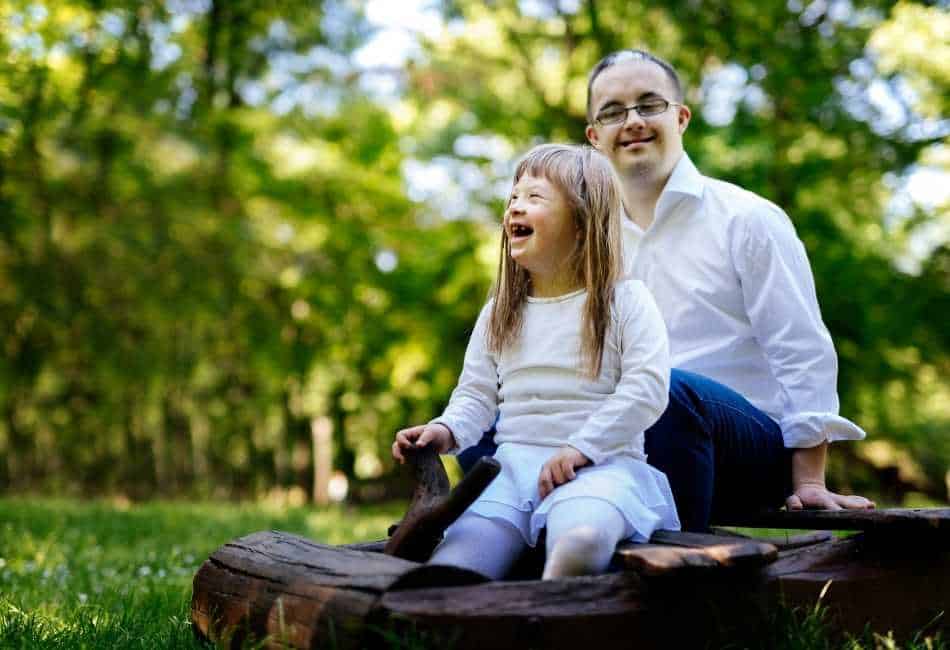
Is it Difficult to Use People First Language?
It is not any more difficult to use people-first language than it is to choose not to use it. The use of people-first language is truly a practiced habit. If you are not used to referring to a person first, it is likely going to take some time for you to use the correct language continuously.
The good thing about the movement to use people-first language is that it is becoming mainstream in our culture today. Because of this, individuals are now learning the proper way to speak about an individual with a disability, and they do not have to relearn the people-first language.
What If You Make a Mistake?
If you have ever had to speak in front of a crowd or a group, you know how intimidating and stressful it can be. So, you may feel even more overwhelmed when trying to use inclusive language in a speech or presentation. Often, when stress takes over, mistakes are made.
When you are speaking to or about individuals with disabilities, the most important thing to do is to remain calm. Understandably, you may make a mistake, or you may say something that is not politically correct. But the way you handle the situation will determine the outcome.
Most people with disabilities are very understanding of simple errors that can be made – like forgetting to use people-first language one time or making a reference to bravery. It is unlikely that you will be struck down on the stage. However, if you continually make these mistakes throughout your speech, it can be considered highly offensive. (Source: Rider University)

Why is Language Important?
If you were an individual that had struggled your entire life trying to find respect and equal ground with everyone around you, the last thing you would want is to be identified by your disability.
When a person’s disability is focused on more than them as an individual, there is often a feeling of limited self-worth. There is also a sense of frustration and anger because a disability does not define a person. Remembering this should help you to understand why it is so important to think carefully about how you refer to other individuals.
Final Thoughts
When it comes to being politically correct, there are many nuances and social norms that must be thought of. Therefore, there is always a chance that something is said that is not viewed as appropriate by others. Although this is the way our society is trending, it is no excuse not to make every attempt possible to be respectful when speaking about individuals with disabilities. Using inclusive language as well as people-first language will help ensure you are politically correct.
